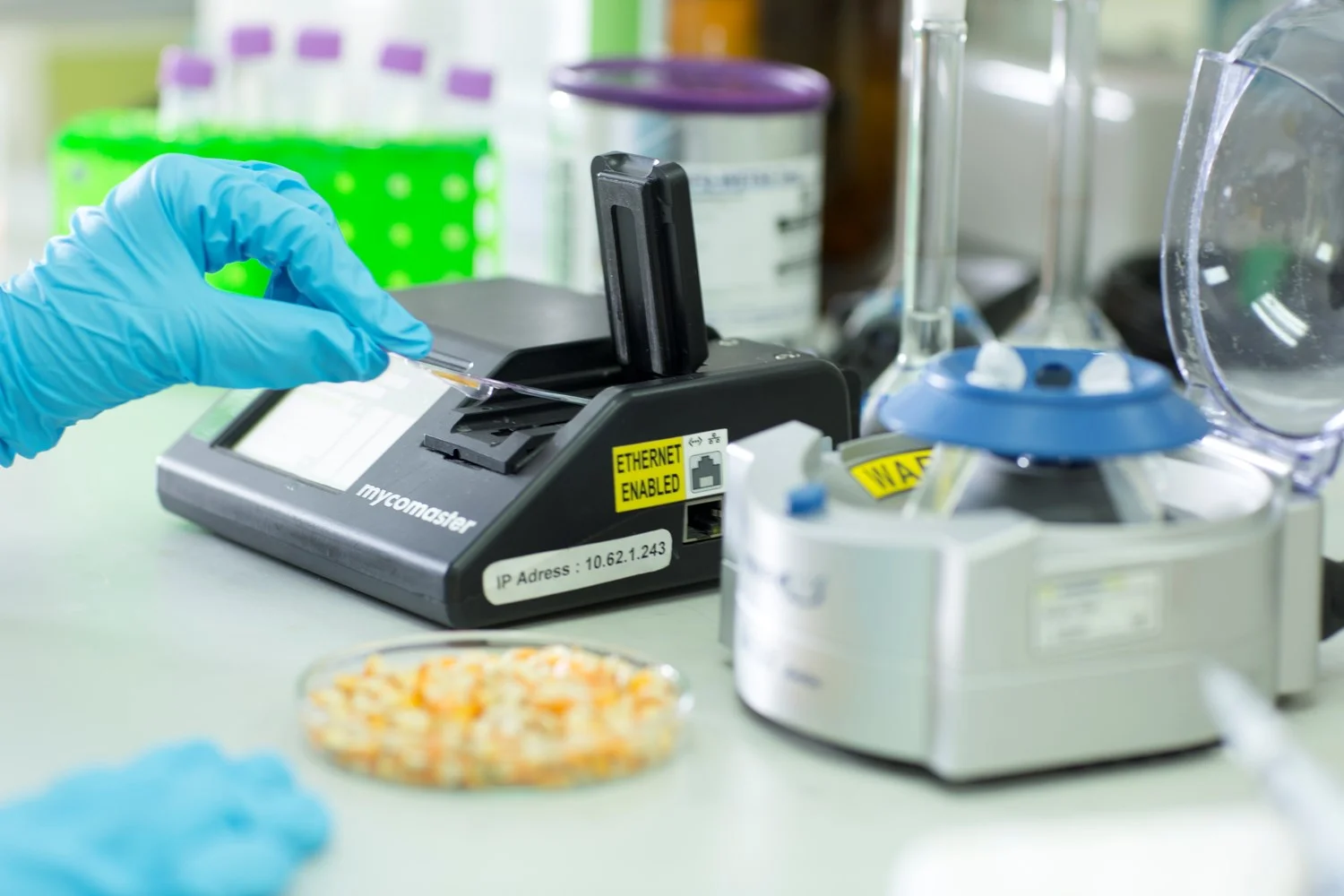- Mon - Sat: 9.00 - 6.00
- darltesting@gmail.com
- +91 97173 24010
Residue Analysis
Residue Analysis
Residue Analysis services to detect and quantify trace levels of chemical residues in food, water, soil, and agricultural products. Our state-of-the-art testing ensures that your products meet national and international safety standards, including FSSAI, EU MRLs, Codex, and USDA regulations.
Why Is Residue Analysis Important?
✅ Ensure consumer safety
✅ Meet export/import regulations
✅ Comply with Maximum Residue Limits (MRLs)
✅ Avoid product recalls or trade rejections
✅ Promote sustainable and safe agriculture
Explore More Services
Residue analysis is a broad analytical technique used to identify and quantify substances left behind after a process, reaction, or use. It’s employed in various fields, including forensic science, archaeology, environmental monitoring, and food safety, to determine the presence and composition of residues.

Pesticide Residue Analysis

Veterinary Drug Residue

Mycotoxin Analysis
Residue Analysis
Frequently Asked Questions
1. What is residue analysis?
Residue analysis is the process of detecting and measuring trace amounts of substances—like pesticides, antibiotics, heavy metals, or mycotoxins—in food, agricultural, or environmental samples to ensure they meet safety and regulatory standards.
2. Why is residue analysis important?
It protects public health, ensures product compliance with national and international regulations, prevents trade rejections, and builds consumer trust—especially for exports, organic certification, and food safety audits.
3. Which products can be tested for residues?
We test a wide range of samples including:
Fruits and vegetables
Grains, cereals, spices
Milk, meat, poultry, and eggs
Soil and irrigation water
Processed foods and beverages
4. What kinds of residues can you detect?
We analyze for:
Pesticide residues
Veterinary drug residues
Antibiotics and hormones
Heavy metals (lead, cadmium, mercury, arsenic)
Mycotoxins (aflatoxins, ochratoxins, etc.)
5. Which technologies are used in residue analysis?
We use advanced instruments such as:
GC-MS/MS (Gas Chromatography–Mass Spectrometry)
LC-MS/MS (Liquid Chromatography–Mass Spectrometry)
ICP-MS (Inductively Coupled Plasma Mass Spectrometry)
HPLC (High-Performance Liquid Chromatography)
